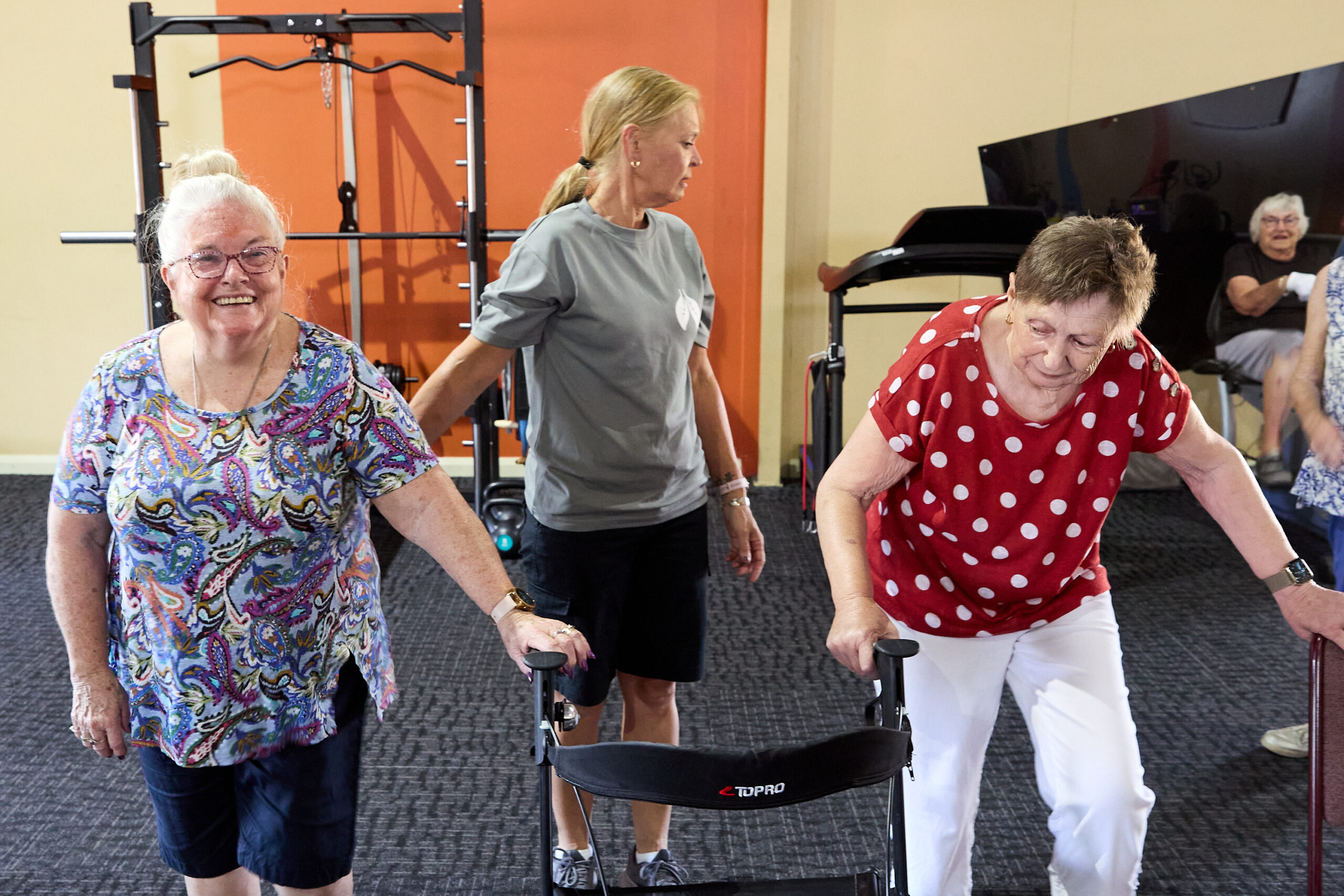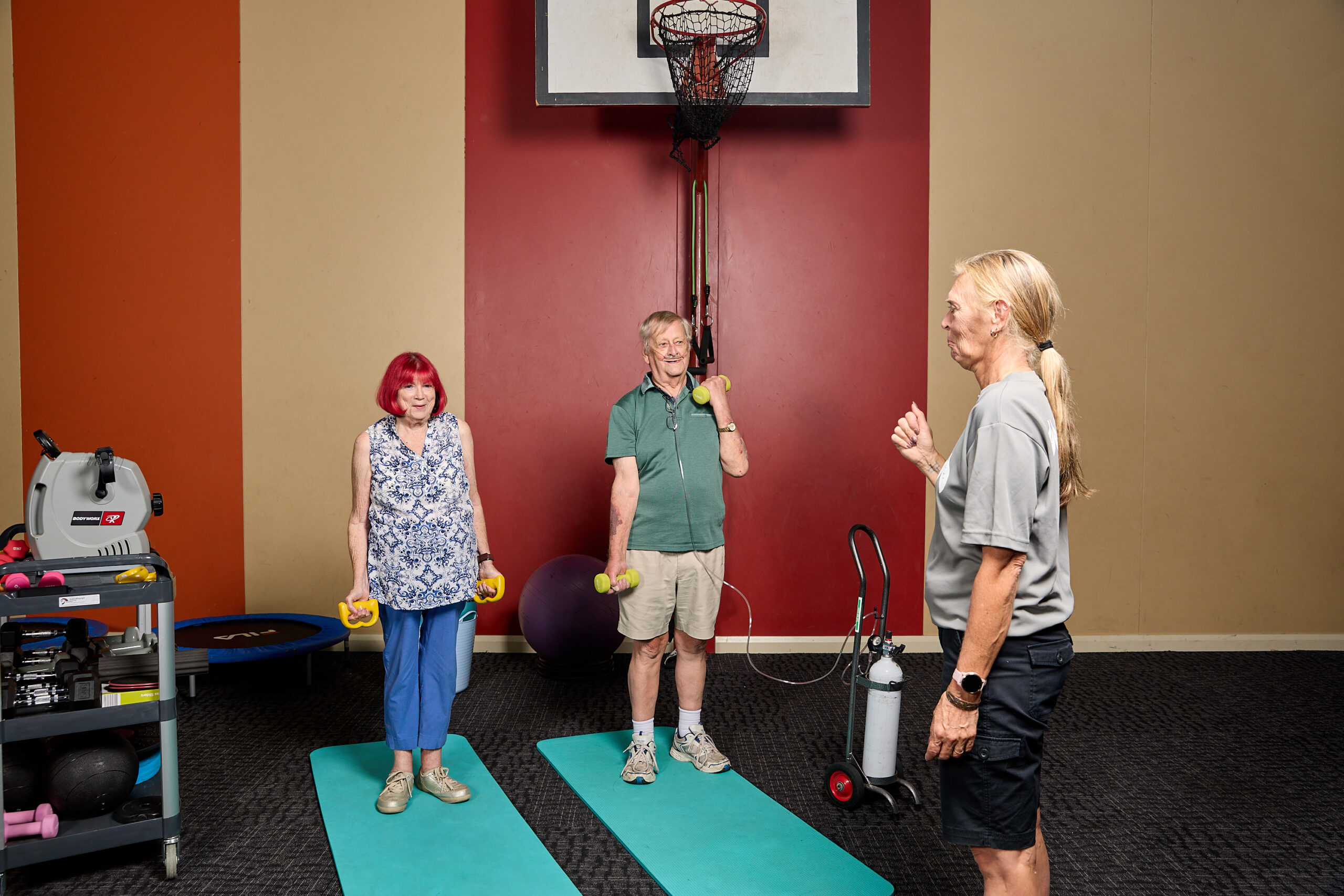Importance of Education
Education and self-management interventions with patients and their families should be components of a pulmonary rehabilitation program.
Education within pulmonary rehabilitation has gradually changed over time; moving from a didactic style to one more directed by patient and family learning needs and goals, tailored to promote and enable adaptive health behaviour change through a self-management approach.
Benefits associated with education and self-management interventions include
- Helping patients become active participants in their health care.
- Helping patients and their families gain a better understanding of the physical and psychological changes that occur with chronic illness.
- Helping patients and their families to develop skills and explore ways to cope with those changes.
Self-management interventions in people with chronic respiratory conditions have been shown to improve quality of life and decrease health care use. Through the educational process, patients can become more skilled at collaborative self-management and more adherent to their treatment plan which in turn may result in a reduction in hospital admissions7.
Changing patient beliefs and behaviours so as to enhance their willingness to maintain their exercise program will help maintain quality of life and exercise tolerance as well as reduce symptoms.

Delivery of Education and Self-management in Pulmonary Rehabilitation
Adult learning principles and a patient-centred approach provide a foundation for learning in pulmonary rehabilitation. The content of education needed is likely to be influenced by the type and stage/severity of the person’s respiratory condition, complications, and the person’s functional and occupational status. Potential barriers to engaging in education and self-management interventions include health literacy, presence of cognitive impairment, psychological symptoms of anxiety and depression and level of social support. Recognising, screening for, and adapting to these factors are important considerations for pulmonary rehabilitation providers.
The following approaches support learning in pulmonary rehabilitation sessions:
- Use of active, rather than passive, participation using interaction and discussion.
- Use of repetition to reinforce key messages and help participants make links with knowledge already understood.
- Opportunities for practice, feedback, self-reflection
- Variation in presentation methods (visual, auditory, demonstration, active participation). The use of pictures, diagrams, videos and models may be helpful for some sessions (e.g. pictures for exercise, models for anatomy, equipment for medication).
- Provide participants with written material to take home for review or to share with their family or caregiver.
- Look for opportunities to individualise information.
- Provide problem solving tasks as this can:
- Encourage interaction between participants.
- Provide participants with an opportunity to apply knowledge to practical situations.
- Allow participants to demonstrate the knowledge they have acquired.
Recognise the education opportunities that exist at the time of any patient to health care professional interactions. For example, at the time of supervising exercise training is an opportunity to practice use of medications, monitoring and managing breathlessness or fatigue during exercise.

Home-based and tele-rehabilitation models of pulmonary rehabilitation provide opportunity to deliver individually tailored education and self-management interventions, using written resources and structured telephone calls. During telephone calls, pulmonary rehabilitation providers used motivational interviewing techniques to support participants to set goals and reinforce self-management skills in learning areas of their choice. Information about this program and resources are available at HomeBase.
Education Information
Importance of Education
Aims and Objectives
Education Topics
Topics
References
Resources
First Nations Resources
Lung Foundation Resources
Patient information in the form of leaflets or a patient information manual may be useful. A number of patient information leaflets are available from the Lung Foundation Australia (LFA).
LFA has developed the online patient education tool C.O.P.E. (COPD online patient education). The C.O.P.E. program has been developed to enable patients who do not have access to a pulmonary rehabilitation program to be able to undertake the educational component of pulmonary rehabilitation from the comfort of their own home. This easy to use, interactive and informative program can also be used to complement a pulmonary rehabilitation program or simply as a reference point for information on living with a lung disease. These resources are directed to people with COPD, although some components have relevance to other
respiratory conditions.
Resources
Resources to support disease-specific learning for people with other lung conditions include:


